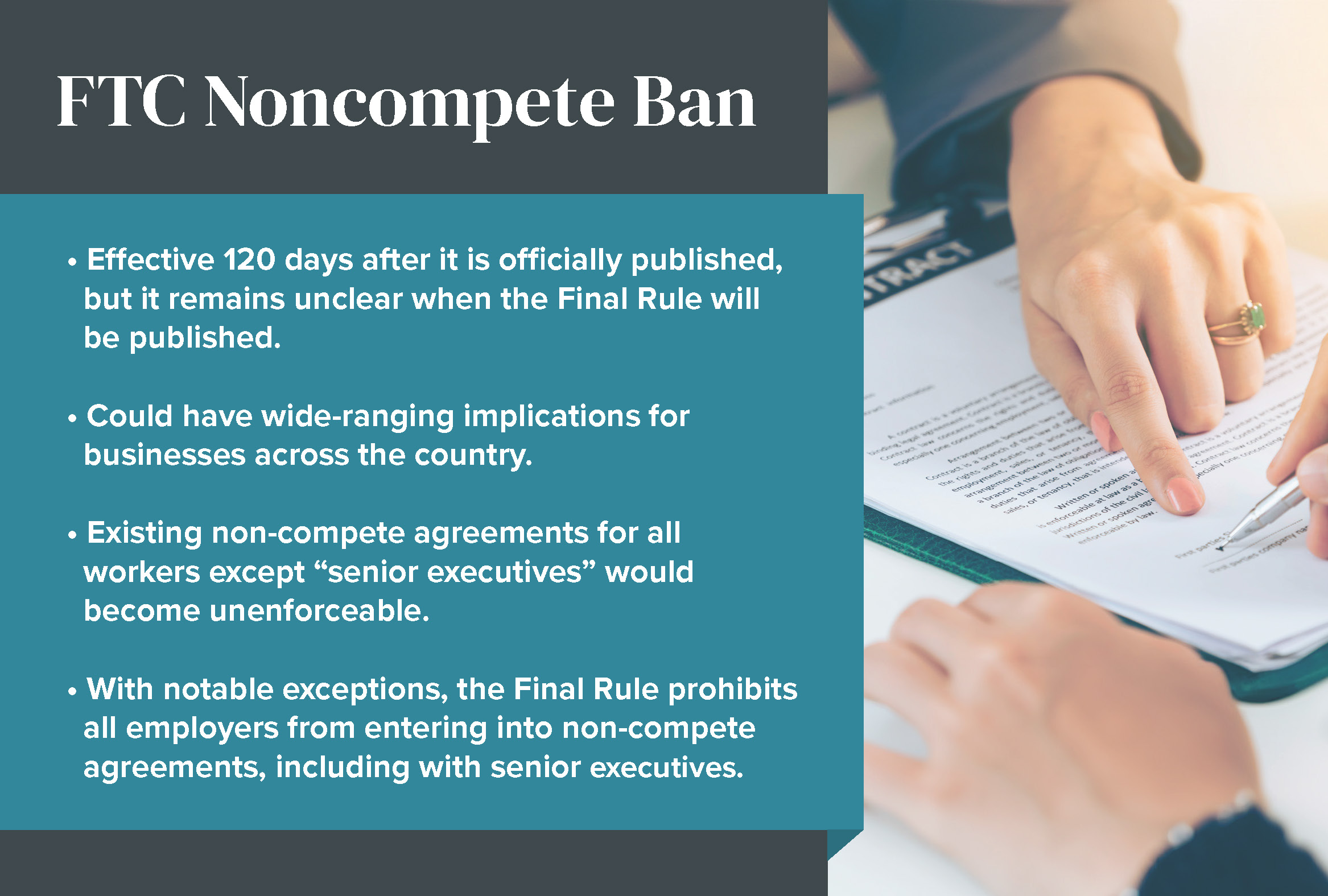January 29th, 2024
Beyond the Courtroom: The Benefits of Mediation in Family-Centric Divorces
Posted in: Family Law Featured Tagged: Samantha Y. Chan
Divorce is an intricate process, and when children are involved, finding a method that prioritizes cooperation becomes paramount. Mediation offers distinct advantages, particularly in fostering resolutions that cater to the unique needs of families.
What is divorce mediation? It’s a way to handle a divorce without going to court. In this process, the parties meet with a neutral third party, called a mediator. The main goal of mediation is to let the parties themselves control the terms of the agreement.
What are the advantages of mediation?
Customized Agreements
In mediation, individuals have the opportunity to work together in creating personalized schedules and detailed agreements. This collaborative process extends to considerations such as specific extracurricular activities and the incorporation of family traditions. The aim is to tailor these agreements to better align with the distinctive dynamics and needs of the family.
Rules of Evidence
Mediation offers a more flexible and relaxed environment compared to courtroom proceedings, particularly in terms of the rules of evidence. Engaging in mediation provides parties with a less formal setting, fostering open communication without the constraints of legal technicalities. This informal atmosphere encourages a more open and cooperative exchange, facilitating a constructive negotiation process.
Expedited Agreement Process
Mediation introduces a streamlined process that enables parties to efficiently reach agreements. In the event the parties find common ground, a mediator can help them quickly put together an agreement. This immediacy contrasts with court proceedings, reducing delays and providing a more expedited resolution to the parties involved.
Empowering Parties to Control the Outcome
The people involved get to be in charge and actively influence the results in a mediation to match what matters most to them. It gives them the power to shape outcomes based on their expectations and priorities. This is different from traditional court trials, where external factors like judges, witnesses, and experts play a more significant role in determining the results.
Is Mediation for everyone?
While mediation presents numerous advantages, it’s essential to recognize that this style of divorce is not universally suitable for every family. The decision to choose mediation should be a collaborative one, involving careful consideration and consultation with a family law attorney. Each family’s circumstances are unique, and working closely with legal professionals ensures that the chosen approach aligns seamlessly with the specific needs and dynamics of the family unit.





